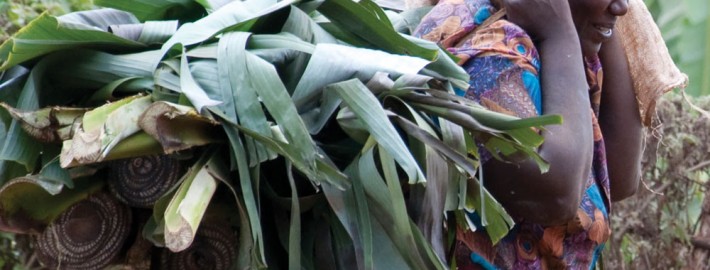REVIVING LOST SEEDS AND CROPS
Indigenous crops have provided communities with a nutritious diet for thousands of years. The Institute for Culture and Ecology (ICE) has been working with small holders farmers in reviving indigenous and traditional crops variety in order to diversify crops variety for both food security and sovereignty. This has gone a long way in reviving local indigenous knowledge which has been neglected as a source of human capital and more importantly, as an integral pillar in enhancing food sovereignty, promoting gender equality, and maintaining biological diversity, as well making boosting the resilience of communities battling climate change.
Making the process easier and replicable
Through working with groups in rural communities, ICE has employed simple and easy strategies of reviving indigenous seeds and crops. This is done through seed mapping; where farmers research on available seeds and crops and status in their respective communities with the help of local elders, especially old women who are known to be the custodians of seeds in these communities. Farmers then initiate a process of seed exchanges among members in target communities who then multiply these seeds by planting and sharing a certain percentage of what is harvested to other community members. Farmer to farmer are organised periodically enhanced to provide platforms for farmers to learn from each other on planting, growing, harvesting and post-harvest handling of these seeds. Seeds and food fairs are also held to create awareness and promote indigenous seeds and crops to the larger community.
Key results of the intervention
Through working with communities in Meru, Kiambu, Yatta, Masinga and Tharaka-Nithi sub-counties in Kenya, farmers have managed to revive variety of crops/seeds. Some of the most important crops varieties revived and that that were disappearing include; Tubers (cassava, arrow-roots, sweet potatoes and yams), cereal (sorghum, millet, pigeon peas, cow peas, dry beans, green grams and groundnuts) fruits (bananas), vegetables (amaranth (terere), solanum psedocapsicum (managu) and pumpkins.
Despite the challenges of changes in the climate over the years, the farmers and communities that ICE works with have enhanced sufficient food basket at family level and surplus is being sold in the local market, thus boosting their income.
Hannah Kigamba is a project officer at ICE



